National Assessment 2011 : Children and teachers lose, Department of Education wins
Last week, the results of the annual National Assessments for 2011 have been made public.
Since South African learners have performed poorly in international assessments performed in the past, it was not surprising that the results of the national assessments were also poor. In Grade 6, it was found that the national average in Languages was 28%, with a national average of 30% for Mathematics.
As a results of these poor results, the minister of Basic Education has already implemented a number of plans which she hopes will improve the situation:
- The new Curriculum and Assessment Policy Statements (CAPS) will be introduced from 2012 onwards. In this policy, the DoE prescribes in detail how much time should be allocated to the instruction of every subject and each aspect of the subject.
- The procurement of textbooks for public schools will be centralised from 2012 onwards, in order to ensure that all schools get their textbooks on time. Currently schools buy textbooks directly from suppliers. With the new system they will now have to select textbooks from a catalogue and place orders with the provincial department. The provincial department must consolidate all orders and send the consolidated numbers to the national department which will then place a small number of big orders with a selected group of suppliers. The suppliers will deliver the textbooks to the provincial departments and the provincial department must arrange for the books to be distributed to the schools.
- Increased emphasis is placed on Early Childhood Development and Grade R for learners, with the Department aiming for universal access to Grade R by 2014.
The introduction of CAPS will take away the freedom of teachers to use their own judgement to decide what the optimal time allocation is for their unique circumstances. This will reduce all teachers to labourers that must merely teach prescribed material from prescribed textbooks according to a prescribed schedule.
The centralising of the procurement of textbooks replaces a simple procurement process with a complex process that is prone to corruption. This process will also take away the freedom of schools to choose textbooks that are most suitable for their specific situation.
Research has shown that putting children in institutions at an early age can be harmful. The introduction of a universal daycare policy in Sweden has resulted in increased discipline problems in the schools and academic performance has plummeted. Swedish schools, once ranked at the top, are now ranked among the worst in Europe.
There is no reason to believe that taking away freedom from teachers and schools, and putting children in institutions at an earlier age will contribute towards the improvement of education in South Africa. The contrary is much more probable.
The plans will however significantly increase the control of the Department of Basic Education over children, teachers and schools. This seems to indicate that the focus of the Department of Basic Education is on the increase of its power, and not on the improvement of education. Since the National Assessment is executed and marked by the Department of Education, they can also manipulate the results in order to create the illusion that their plans are actually successful. In this way the Department of Basic Education increases its power at the expense of quality of education, while the population is under the illusion that the quality of education is actually improving.
It is due to the failure of public education that more and more parents are opting for private schools or home education. The continued transformation of public education into a centrally controlled educational factory will motivate even more parents to send their children to private schools or home education. These forms of education are liberated from the overbearing control of a centralised government bureaucracy and will provide the people with the skills and knowledge required by South Africa’s vibrant and dynamic private sector.
Events
Legal & Research
Centres
Homeschool ABC
Support
Curriculums
Ginini Training Institute
Ginini Academy is an EdTech home education content provider ...
Impaq: Homeschool & Online ...
Impaq: The leading homeschooling curriculum provider in South ...
Has no content to show!



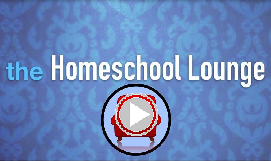

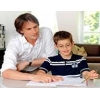


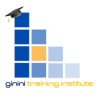

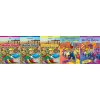
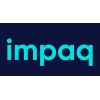
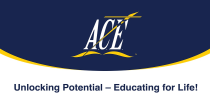

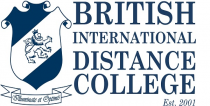

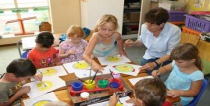



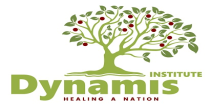

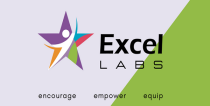









Comments